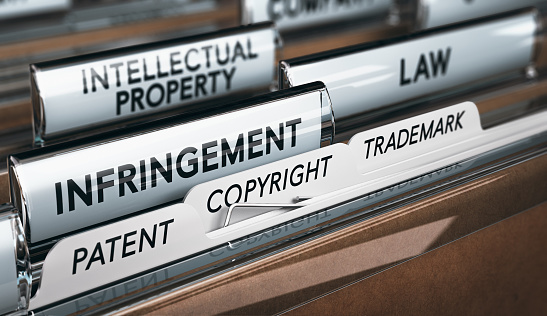Recent Articles
The 'License as Tax' Fallacy
Article, Spring 2022
Unreasonable: A Strict Liability Solution to the FTC's Data Security Problem
Article, Spring 2022
The Ping-Pong Olympics of Antisuit Injunction in FRAND Litigation
Article, Spring 2022
Content Moderation Remedies
Article, Fall 2021
An Empirical Study: Willful Infringement & Enhanced Damages in Patent Law After Halo
Article, Fall 2021
Recent Notes
The Best Data Plan Is to Have a Game Plan: Obstacles and Solutions to Reaching International Data Privacy Agreements
Note, Spring 2022
Mental Health Mobile Apps and the Need to Update Federal Regulations to Protect Users
Note, Spring 2022
Blog Posts
The Most Tech-savvy Government in the World
Estonia, a small country on the Baltic Sea, has faced subjection by larger, more powerful countries throughout its history. Following decades of occupation by the Soviet Union, the country emerged free and independent at the end of the Cold War. Since its independence in 1991, the country has embarked on a major efforts to change the way governments and citizens interact through technology.
Political Conversations in the Age of the Unfollow Button
During the Second World War, Americana artist Norman Rockwell created a painting entitled Freedom of Speech. The painting, which depicts a man standing to speak at a town meeting, was based on a 1941 speech by President Franklin D. Roosevelt, where he presented four fundamental freedoms that should be enjoyed by all, the first being freedom of speech.
Heavy Baggage: Liability and Risk in the Space Tourism Industry
As private space companies continue to grow, monetized space travel is becoming a booming industry. So far, much of the economic activity associated with the private space industry has involved the transportation of telecommunications satellites into orbit. Increasingly, however, these companies are eager to begin launching even more valuable cargo in orbit: thrill seeking tourists willing to pay top dollar for a chance to spend a few days in space.
Machine Learning: The Basics
As machine learning (also called data mining) becomes a more integral part of technology everywhere, it will become increasingly important for lawyers and businessmen to be able to relate to and understand how it works.
Google Won’t Let Us Forget You
In 2014 the European Union’s highest court held that EU citizens had the “right to be forgotten,” or in other words, the right to request that a search engine remove from its results materials that are “inaccurate, inadequate, irrelevant or excessive.”
No Man’s Skynet: Copyright in Procedurally Generated Programs
No Man’s Sky, a highly anticipated video game released this summer, allows players to explore a massive game world consisting of eighteen quintillion planets. Creating this much content would have been impossible for human game designers, so Hello Games used a technique called procedural generation.


